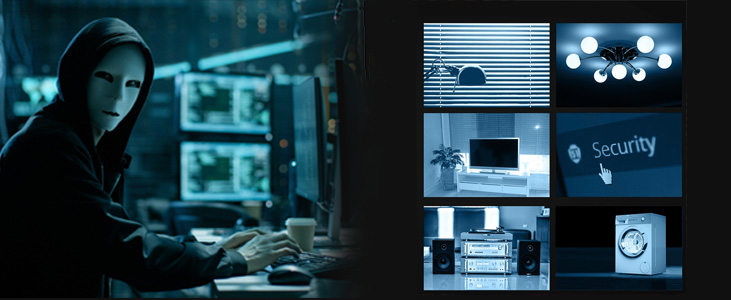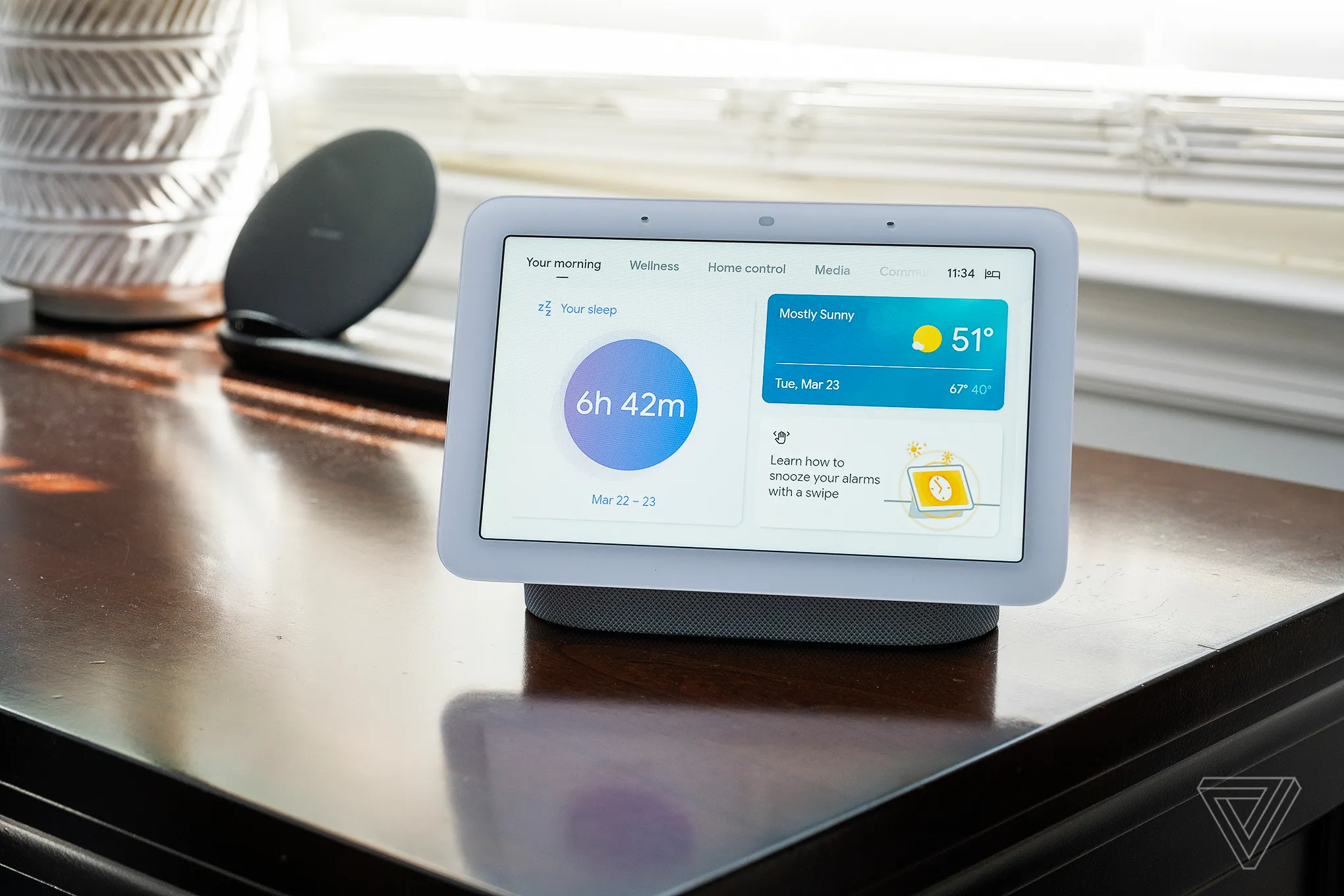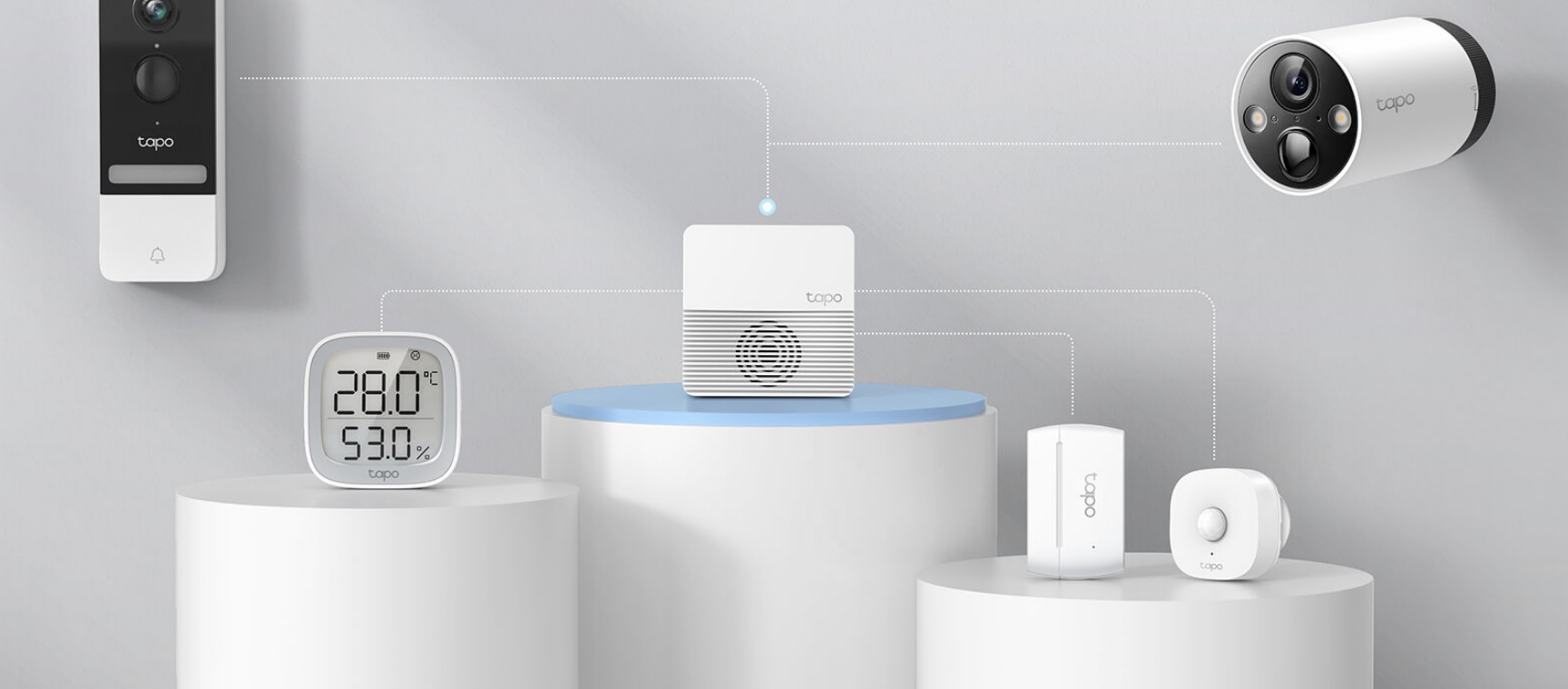Smart home property value increase has become one of the most compelling reasons for homeowners to invest in automated technologies, with recent data showing properties equipped with intelligent systems commanding premiums of 5-30% over traditional homes. As the global smart home market reaches $174 billion in 2025 and continues growing at 27% annually, understanding the relationship between home automation and real estate value becomes essential for strategic property investment.

Understanding the Smart Home Real Estate Revolution
The modern real estate landscape has fundamentally shifted toward technology-integrated properties, with smart home property value increase becoming a measurable factor in appraisals and market pricing. Recent market analysis reveals that 78% of first-time homebuyers in 2025 consider smart home readiness a major purchase factor, while properties with comprehensive automation systems sell 8.5 days faster than traditional homes.
This transformation extends beyond simple convenience features. Today’s smart homes represent sophisticated ecosystems where interconnected devices create measurable improvements in energy efficiency, security, and lifestyle quality. Professional appraisers now recognize smart home features as permanent improvements that contribute to property valuation, particularly when systems demonstrate integration and professional installation standards.
The financial impact varies significantly by market location and implementation quality. While basic smart devices might contribute modest value increases, comprehensive automation systems in tech-forward markets like San Francisco or Austin can command premiums of 7-10%, compared to 2-5% in more traditional markets.
Quantifying Smart Home Investment Returns
Energy Efficiency Systems Drive Measurable ROI
Smart thermostats consistently deliver the highest return on investment among individual smart home components, with studies showing 25-30% reductions in heating and cooling costs. Professional installation of intelligent HVAC controls, combined with smart vents and automated window treatments, creates documented energy savings that translate directly to property value through reduced operating costs.
Energy management systems that integrate solar panels, smart water heaters, and automated lighting controls demonstrate particularly strong ROI potential. Homeowners who can present prospective buyers with documented utility bill reductions create compelling value propositions that justify premium pricing during sales negotiations.
The key to maximizing energy efficiency ROI lies in system integration. Individual smart devices may save money, but comprehensive energy management platforms that coordinate multiple systems often pay for themselves within 1-3 years while contributing 3-5% to overall property value.
Security and Safety Systems Command Premium Values
Comprehensive security automation consistently ranks among the most valued smart home features, with 43% of consumers identifying safety and security as the most important benefit of smart home technology. Professional security systems that integrate smart locks, cameras, motion sensors, and automated lighting create layered protection that buyers actively seek.
Modern smart security systems contribute to property value through both perceived safety improvements and potential insurance premium reductions. Many insurance providers offer 5-15% discounts for homes equipped with monitored security systems, creating ongoing value that accumulates over time.
The security premium becomes particularly pronounced in higher-crime areas, where comprehensive automation can deliver immediate property value increases. However, even in low-crime suburban areas, integrated security systems contribute to buyer confidence and sales velocity.
Smart Kitchen and Appliance Integration
Smart appliances represent a growing segment of home automation with significant impact on property values, particularly in luxury and mid-range markets. High-end smart refrigerators, ovens, and dishwashers that integrate with home automation platforms contribute measurably to kitchen valuation during appraisals.
The average smart appliance generates approximately 11% higher ROI compared to standard counterparts, but this premium requires strategic selection and proper integration. Isolated smart appliances without central control integration provide minimal value increase, while coordinated smart kitchen ecosystems create compelling lifestyle improvements that justify premium pricing.
Smart kitchen systems that include features like inventory management, automated cooking programs, and energy optimization appeal particularly to younger buyers who prioritize convenience and efficiency in their daily routines.
Market Demographics and Buyer Preferences
Generational Differences in Smart Home Valuation
Millennial and Gen Z buyers demonstrate the strongest preference for smart home features, with many willing to pay significant premiums for properties with comprehensive automation. These demographics often view smart home integration as essential infrastructure rather than luxury amenities, similar to how previous generations viewed central air conditioning or cable television readiness.
Understanding how smart home hubs work becomes crucial for properties targeting younger buyers, as these demographics expect seamless integration and professional installation standards. Properties with fragmented or poorly integrated smart devices often receive lower valuations from tech-savvy buyers who recognize the complexity and expense of proper system integration.
Middle-aged buyers (40-55) focus more heavily on practical applications, particularly security features that protect family and property, and energy management systems that reduce long-term operating costs. This demographic evaluates smart features based on problem-solving capabilities rather than technological novelty.
Geographic Market Variations
Smart home property value increase varies significantly across different real estate markets. Urban areas with higher concentrations of tech workers and younger professionals typically show stronger premiums for automation features. Rural and traditional markets may show more modest value increases, but adoption rates are growing rapidly as smart home technology becomes more accessible.
High-value markets consistently demonstrate the strongest correlation between smart home features and property premiums. In luxury markets, comprehensive automation has become virtually mandatory, with properties lacking smart features often experiencing longer market times and reduced final sale prices.
Regional preferences also influence which smart home features provide the greatest value increase. Markets with extreme weather conditions may favor advanced climate control systems, while urban areas with higher crime rates prioritize comprehensive security automation.
Professional Installation and Integration Standards
The Integration Premium
Properties with professionally installed, integrated smart home systems consistently command higher premiums than those with DIY installations or fragmented device collections. Professional integration ensures compatibility, reliability, and user-friendly operation that buyers recognize and value during property evaluation.
Central hub connectivity becomes crucial for maximizing property value returns. Systems that operate independently without central coordination may function adequately but provide minimal value increase during appraisals. Integrated systems that allow unified control and automation routines create the lifestyle improvements that justify premium pricing.
The quality of installation also impacts insurance and warranty considerations. Professional installations typically include proper documentation, compliance with building codes, and manufacturer warranties that transfer to new owners, adding additional value during property transfers.
Documentation and Transferability
Smart home systems that include comprehensive documentation, user manuals, and transferable warranties contribute more significantly to property value than undocumented installations. Buyers increasingly request smart home system documentation during property inspections, recognizing the complexity and potential support requirements of automated systems.
Properties with smart home systems that can be easily transferred to new owners, including app access, account transfers, and system training, demonstrate higher buyer satisfaction and reduced post-sale support issues. This transferability factor increasingly influences buyer decisions and final property valuations.
ROI Analysis by System Category
Climate Control and HVAC Integration
Smart climate control systems consistently deliver strong ROI through both energy savings and property value enhancement. Programmable smart thermostats with learning capabilities, smart vents that enable room-by-room control, and integrated humidity management create comfort improvements that buyers actively seek.
The ROI calculation for climate control automation must account for both immediate energy savings and long-term property value contribution. Systems that demonstrate 20-30% energy cost reductions while contributing 3-5% to property value often achieve payback periods of 2-4 years.
Advanced climate systems that integrate with renewable energy sources, such as solar panels or geothermal systems, create additional value through environmental sustainability features that appeal to eco-conscious buyers.
Lighting and Ambiance Automation
Smart lighting systems provide excellent ROI through energy efficiency improvements and lifestyle enhancement features. Automated lighting that adjusts to occupancy, time of day, and natural light conditions creates both energy savings and convenience improvements that buyers value.
The aesthetic impact of smart lighting cannot be underestimated in property valuation. Systems that enable mood lighting, automated entertainment lighting, and security lighting provide lifestyle improvements that justify premium pricing during property sales.
Smart lighting ROI improves significantly when integrated with other home automation systems. Lighting that coordinates with security systems, climate control, and entertainment systems creates comprehensive automation experiences that buyers actively seek.
Entertainment and Communication Systems
Whole-home audio systems, automated home theaters, and integrated communication systems contribute to property value in entertainment-focused markets. These systems appeal particularly to buyers who prioritize lifestyle amenities and sophisticated technology integration.
The value contribution of entertainment systems depends heavily on installation quality and integration with other smart home components. Professional installations that provide seamless operation and high-quality performance justify premium pricing, while amateur installations may provide minimal value increase.
Future-Proofing Smart Home Investments
Emerging Technology Integration
Smart home investments should consider emerging technologies to maximize long-term property value returns. Systems that can accommodate future upgrades, additional devices, and evolving connectivity standards protect investment value and maintain market competitiveness.
The rapid pace of smart home technology evolution requires strategic planning to avoid obsolescence. Investments in robust infrastructure, including comprehensive networking, central hub systems, and professional-grade installation, create platforms that can evolve with advancing technology.
Properties with smart home systems designed for expandability and upgradeability demonstrate higher long-term value retention and continued buyer appeal as technology continues advancing.
Market Trend Analysis and Predictions
Current market trends suggest continued growth in smart home adoption, with household penetration expected to reach 92.5% by 2029. This widespread adoption will likely shift smart home features from premium amenities to essential infrastructure, similar to historical trends with air conditioning and broadband internet access.
Property investors should anticipate that smart home features will become increasingly expected rather than exceptional. Properties without basic automation capabilities may experience reduced market appeal and longer selling times as buyer expectations evolve.
The integration of artificial intelligence and machine learning in home automation represents the next frontier for property value enhancement. Systems that learn user preferences, optimize energy usage, and provide predictive maintenance capabilities will likely command premium valuations in coming years.
Strategic Implementation for Maximum Value Return
Prioritizing High-Impact Upgrades
Homeowners seeking maximum smart home property value increase should prioritize systems with demonstrated ROI and broad buyer appeal. Security systems, climate control automation, and energy management platforms consistently provide strong returns across diverse market segments.
The strategic approach focuses on creating integrated systems rather than accumulating individual smart devices. Comprehensive automation platforms that coordinate multiple systems provide greater lifestyle improvements and stronger property value contributions than fragmented device collections.
Budget-conscious investors should focus on core systems that can be expanded over time. Starting with robust infrastructure and central hub capabilities creates a foundation for gradual system expansion while providing immediate functionality and value contribution.
Professional vs. DIY Installation Considerations
While DIY smart home installations can reduce initial costs, professional installation typically provides superior long-term value returns through proper integration, documentation, and warranty coverage. Professional installations also ensure compliance with building codes and insurance requirements that may be necessary for property value recognition.
The complexity of modern smart home systems often exceeds typical homeowner technical capabilities. Professional installers provide system design, device compatibility verification, and ongoing support that justify their costs through improved functionality and reduced maintenance requirements.
Professional installation becomes particularly important for systems involving electrical work, security integration, or whole-home automation. These complex systems require specialized knowledge to ensure proper operation and maximum value contribution to property appraisals.
Smart home property value increase represents a measurable return on investment that continues growing as technology adoption becomes mainstream. Homeowners who strategically implement integrated automation systems, prioritize professional installation, and focus on high-impact features can expect significant property value enhancement while enjoying improved lifestyle convenience and operational efficiency.
The key to maximizing smart home ROI lies in understanding buyer preferences, market dynamics, and implementation quality standards. Properties with comprehensive, professionally installed automation systems consistently outperform those with basic or fragmented smart features, creating compelling value propositions for both current enjoyment and future resale potential.
As smart home technology continues evolving and adoption rates increase, the properties best positioned for long-term value appreciation will be those with robust, expandable automation platforms that can accommodate future innovations while delivering measurable benefits in energy efficiency, security, and lifestyle enhancement.



